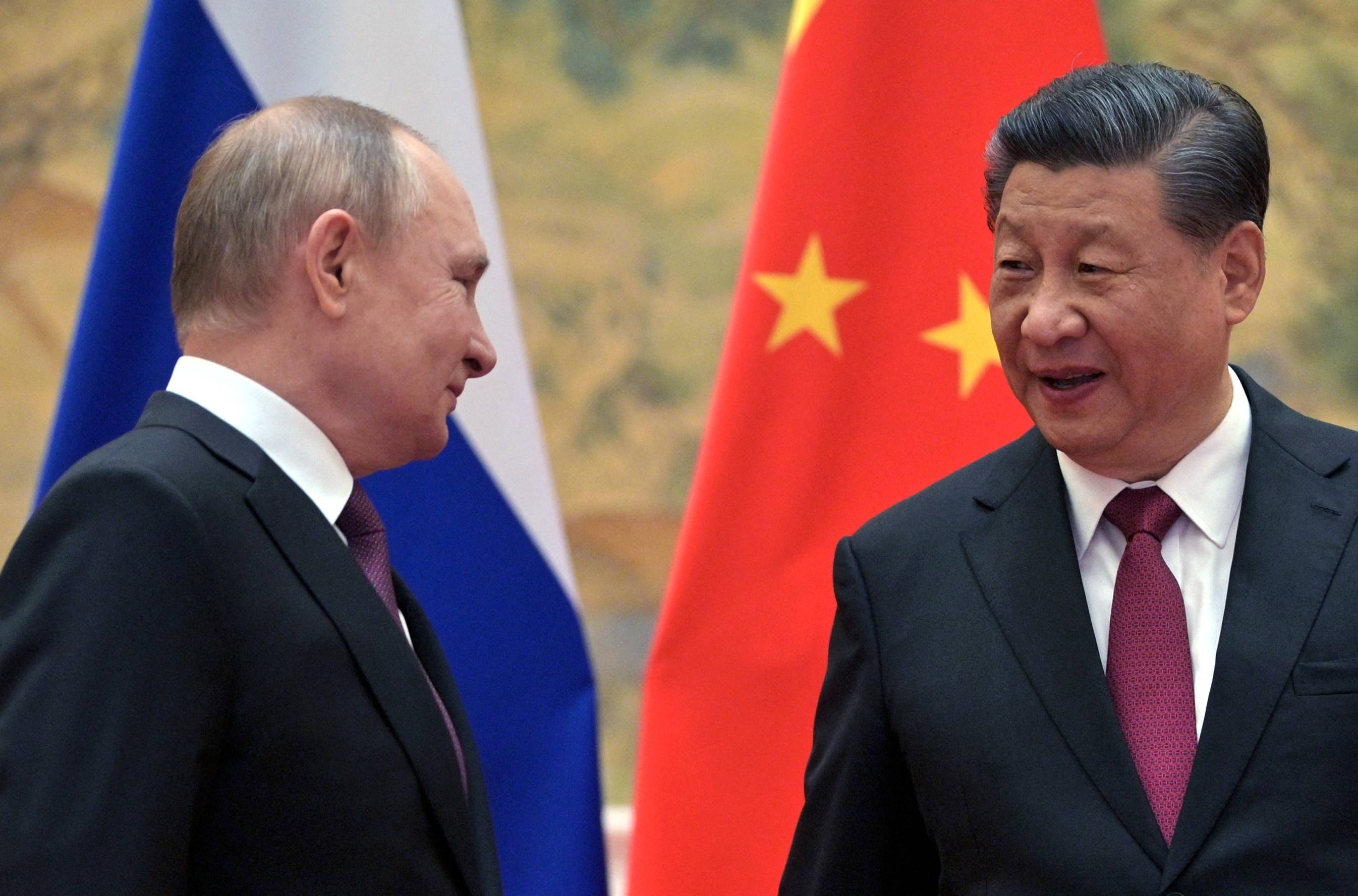Western analysts fear a failure to check Russia’s revanchist ambitions will serve to embolden China in the axis of autocracies. On Feb. 4, on the opening day of the Winter Olympics in Beijing that was boycotted by Western diplomats, Presidents Xi Jinping and Vladimir Putin declared a “no limits” partnership and backed each other on Ukraine and Taiwan.
A second narrative holds that increased U.S. military presence will reassure NATO allies and check Russian belligerence, but only at the cost of distracting America from the bigger strategic challenge of China in the Indo-Pacific, most imminently in Taiwan. Given China’s dramatic expansion of military might and economic strength, U.S. promises to defend Taiwan against attack might prove hollow. A fall of Taiwan would vastly complicate U.S. efforts to help defend Japan and others on the one hand, while greatly enlarging China’s scope to project power closer to U.S. and allied territories on the other.
An alternative narrative is that the biggest lessons China has drawn are from the history of U.S. policies after the end of the Cold War during a period of unchallengeable primacy.


















With your current subscription plan you can comment on stories. However, before writing your first comment, please create a display name in the Profile section of your subscriber account page.